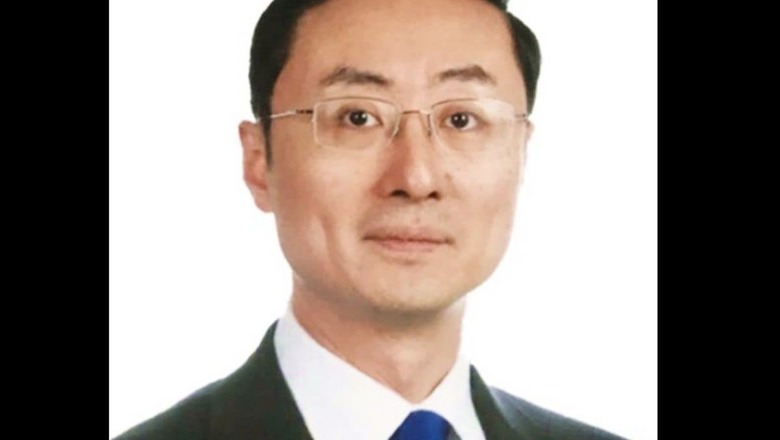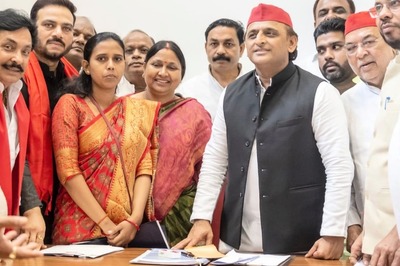
views
China’s Ambassador to India, Sun Weidong, speaking at the China-India Youth forum, called the Galwan Valley clash an “unfortunate incident” and a “brief moment from the perspective of history”.
The combat in June claimed the lives of 20 Indian soldiers, including 16 Bihar’s commanding officer, Colonel Santosh Babu, many because of protracted exposure to sub-zero temperatures.
As talks to resolve the stand-off at the LAC are currently at a stalemate, Weidong said that in the new century, bilateral relations should continue to move forward instead of backward.
“Not long ago, an unfortunate incident happened in the border areas that neither China nor India would like to see. Now we are working to handle it properly. It is a brief moment from the perspective of history,” the transcript of his speech at the August 18 event, read.
He said that as two rising major neighbors, China and India should abandon the old mindset of drawing lines by ideology, and get rid of the old game of “One’s gain is another’s loss” and “zero-sum game”. “Otherwise, you would be led astray and go down a wrong path,” he added.
“We need to see that friendly cooperation between China and India is the mainstream and the general trend,” he said, adding that only by seeing to it could objective and rational judgement be maintained, and differences between the two sides could be handled.
“I am convinced that China and India, two ancient civilizations, have the wisdom and ability to properly handle bilateral relations. We should have full confidence in the development of China-India relations,” he said.
Even as the Confucius Institutes (CI’s) in colleges across the country remain under scanner, Weidong said that under the current situation of the epidemic, the actual people-to-people and cultural exchanges between China and India have been somewhat affected.
“However, there is a Chinese saying that “there are always more ways than difficulties”, which means people cannot be overwhelmed by difficulties. The history of friendly exchanges between the Chinese and Indian people for more than 2,000 years cannot be blocked by the epidemic or temporary difficulties in bilateral relations,” he added.
The Ambassador also vouched for the ‘strength’ of the economic “complementarity” between China and India. He said the Chinese and Indian economies were interwoven and interdependent; the natural result of market rules and choices of enterprises.
“The 2.7 billion people of our two countries have benefited from such cooperation, which has injected strong impetus to our respective development and become an example of mutual benefits and win-win cooperation. I think the two big economies of China and India should attract each other like magnets, rather than forcefully separate them,” he said.
At the webinar, Weidong said he believed that social system of every country was an independent choice made by its respective people, and no other country should interfere. “China and India have different social systems and cultural traditions, but we all aim to embark on a development path that suits our own national conditions. The world is wonderful because of its differences,” he said.
He said India and China, as two ancient civilizations, should respect and learn from each other, treat each other as equals, and seek common ground while reserving differences.
According to him, no two identical leaves could be found in the world, and likewise neither could there be two identical civilizations. “We should respect the diversity of the world and treat each other’s differences in a mature and rational manner. We need mutual respect and appreciation, be open and inclusive, so that we can trust each other and live in harmony.”




















Comments
0 comment